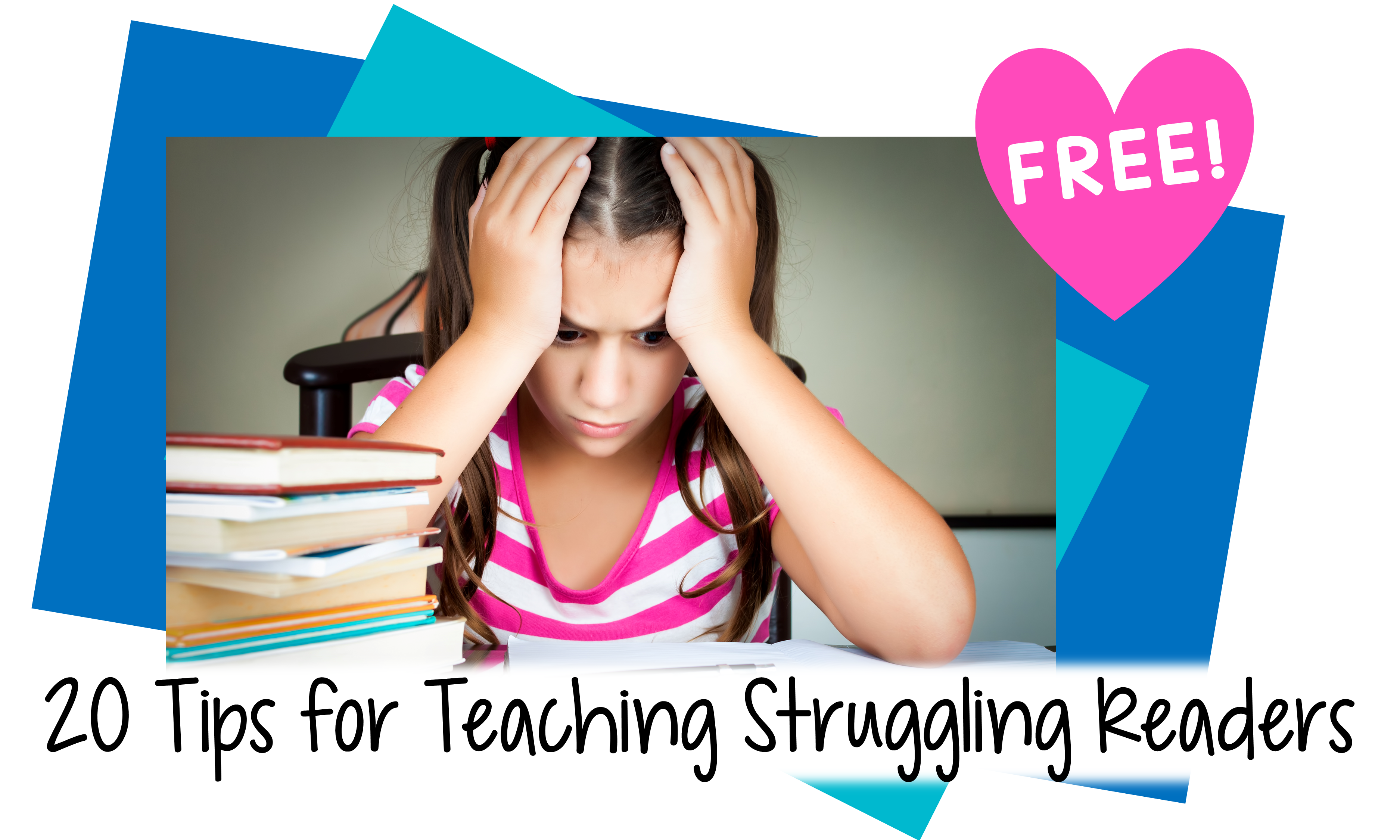Are you hoping your child can get a little extra help in reading this year after school? Here are some suggestions for finding someone to help your child at the end of the school day. How about your child’s teacher? First stop is your child’s classroom or reading teacher. It can be very convenient if they tutor right there at school. Also, their familiarity with your child’s reading strengths and weaknesses make them an optimal choice for tutoring. Or take tutor recommendations from the teacher. If your child’s teacher is unavailable for tutoring, the next best choice might be someone...
Oh, my goodness! Did you know that syllable types were first standardized by Noah Webster in 1806? Let’s thank Noah because syllable types make life easier for teachers and students, alike! For children who are learning to read, studying syllable patterns helps with mastering vowel sounds, one of the most challenging parts about decoding. For us teachers, introducing syllable types is a great way to reinforce phonics instruction, no matter which approach we are using. Showing students one syllable type at a time keeps decoding instruction simple. As you know, a syllable is a word or part of a word...
Are you turning your attention going back to school? If so, you want to start with thinking about assessment–especially this year after so many students have been learning remotely because of COVID. This year it’s possible that your class will look very different from the way classes looked at the beginning of previous years. Baseline Testing When I was teaching 2nd grade classroom and 1st grade guided reading, my primary goal at the beginning of the year was getting to know my students–both personally and academically. Establishing a reading baseline informs your instruction–where to begin teaching, who needs extra help,...
Don’t you love getting ready to tutor a new student? You look forward to getting to know this youngster as a reader, and as a person, too. It’s wonderful to anticipate using your own teaching strengths to help someone else experience the joy of literacy. Aren’t we reading teachers the luckiest people in the world? (more…)
Farrah has come to the word standing in her book. She has progressed to the point where she doesn’t have to read all 7 phonemes in the words sequentially: /s/-/t/-/a/-/n/-/d/-/i/-/ng/. She can identify the word almost immediately because she can see the bigger chunks in the word: st-and-ing > standing. Farrah can do this because she is in the Consolidated-Alphabetic stage. READING STAGES You may have read one or more of my previous posts about Linnea Ehri’s reading stages: Teaching the Pre-Alphabetic Reader: Early Sight Words Teaching the Partial-Alphabetic Reader: Phonetic Cue Reading Teaching the Full-Alphabetic Reader: Cipher Reading Dr. Ehri...
Given my background, I generally think I know what’s best when it comes to teaching reading. I like to make my own decisions as a tutor, based on my students’ needs and the current research. Ask my former colleagues! I wasn’t much of a team player when it came to teaching language arts. I always wanted to do it my way. Enter COVID…COVID brought me to my knees as a tutor. (more…)
Many politicians, administrators, and educators are focusing on how much children have been losing academically since the pandemic caused schools to close last spring. I’m usually in that academic camp–worrying about the progress my students are making in reading. My training has taught me to always keep it professional as a tutor and to use time efficiently. But, a couple of months back, the parent of a child I tutor opened my eyes to what her young daughter was missing the most with online tutoring. (more…)
Did you think you would be tutoring online? I didn’t! But meeting in person with our young students is no longer possible, now that we are “socially distancing.” Yes, transitioning to online tutoring is a new adventure! I want to briefly share with you my path and encourage you to take the leap, if you haven’t already. (more…)
Remember Liza? If you read that previous Liza post, you met that preschooler when she was at the earliest stage of learning to read—the Pre-Alphabetic stage. She knew a few letters but no letter sounds, so reading was primarily a visual matching task for her. If she remembered any words, it was usually through partial visual cues, such as associating the word look with two eyes in the middle. Now we will see how Liza moved on to the next stage. As she began to learn a few letter sounds she progressed into the Partial-Alphabetic phase. Although not able to...
Tutoring reading is wonderful because you can concentrate on the needs of one child at a time. But it’s important to figure out what to focus on in each brief lesson. I say “brief” because some young readers can only concentrate for half an hour at a time. And even an hour seems short, if the parent wants only one lesson a week. (Sadly, once-a-week tutoring arrangements are becoming increasingly common, as children are engaged in more and more activities.) Yes, tutoring time is precious, so it’s important to be clear about what your focus is for each lesson. (more…)
Some educators argue that teaching children to memorize sight words encourages guessing. But is there a place for teaching sight words? I believe there is. What are sight words, anyway? The term is often confused with high frequency words and irregular or nonphonetic words. These categories overlap, for sure, but sight words are simply words that can be immediately recognized as wholes, without being decoded. There are several reasons why I teach sight words to beginning readers. (more…)
The days are getting longer. Spring will be here before you know it—then summer. Some people are shopping for warm weather clothes. Others are looking forward to spring break. But then there are those of us who are beginning to think about… summer tutoring! (more…)
